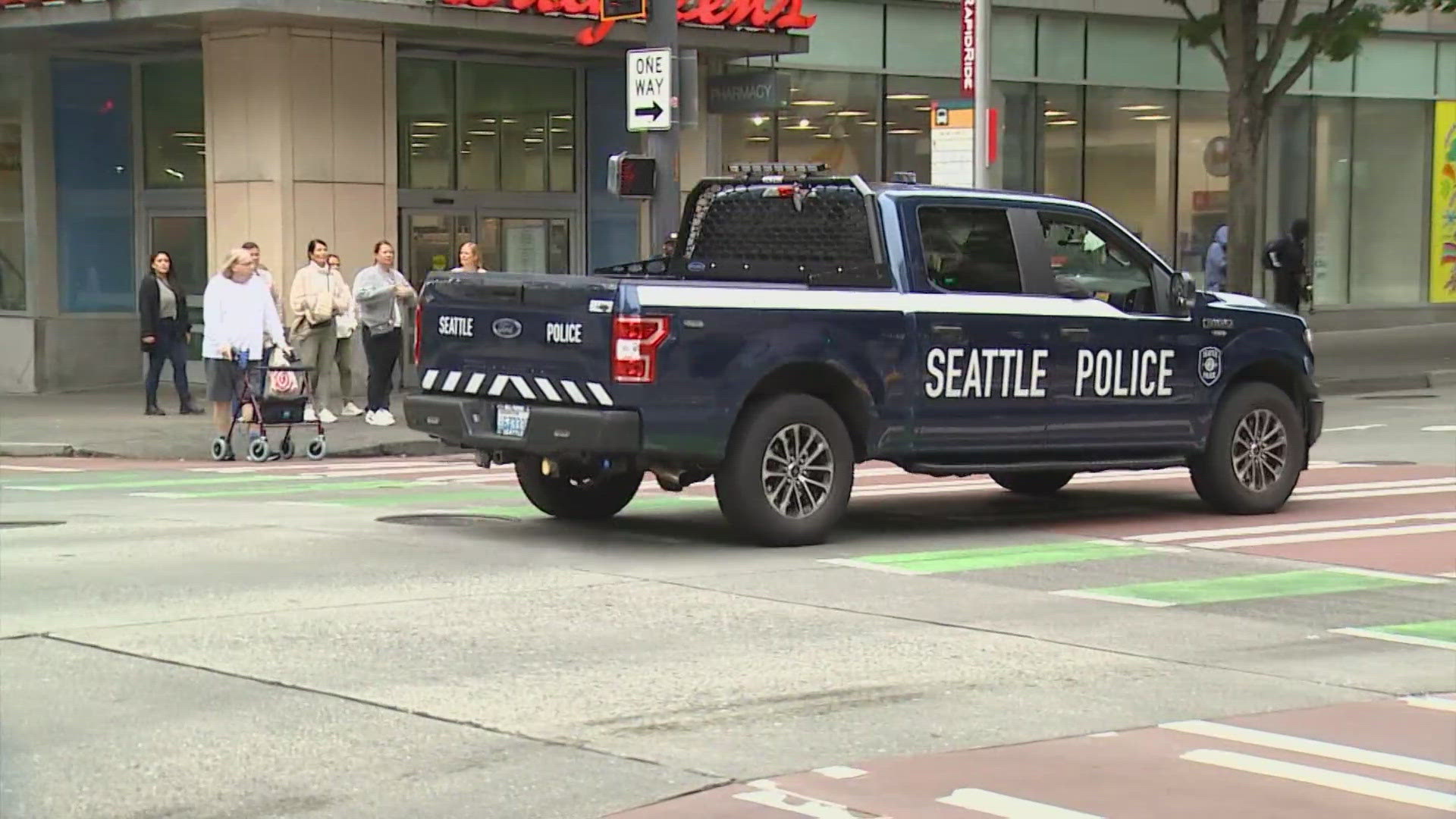SEATTLE — Two new ordinances passed by the Seattle City Council this week are on their way to the mayor’s desk for a final signature. The controversial measures are intended to curb illegal drug activity and prostitution.
The laws establish SOAP and SODA zones – designated areas flagged by the city for drugs and prostitution, where people arrested on such charges cannot return. It’s a tool that Seattle has used in the past – and could soon be used again.
“It gives them one more tool to make an arrest,” said KING 5 law enforcement analyst and former King County Sheriff John Urquhart
So-called SODA and SOAP zones are already in use in cities across western Washington. Everett enacted a Stay out of Drug Area zone in 2007 and former King County Sheriff John Urquhart estimates he’s personally arrested hundreds of people on SOAP or SODA violations in the 90s in the then newly incorporated city of Seatac.
“This is not gender specific and it shouldn’t be. We should also be going after the demand and the supply, and the johns are the demand, and they can be arrested and placed on SOAP so they can’t come back to that prostitution area,” Urquhart said.
While we don’t know how Seattle plans to enforce the ordinance, Urquhart says it’s typically a violation an officer has to witness with their own eyes – rather than responding to a 911 call or complaint.
If a person is cited – it works like a trespassing violation – should the person return, they risk arrest.
“If you’re arrested for possession or sale or use in public of a controlled substance, then you can be placed on a SODA order to keep you out of those traditional areas of drug use,” Urquhart said.
The two ordinances passed despite vocal opposition. Many warned of criminalizing drugs and sex work – and Councilmember Tammy Morales was the lone opposition vote:
“Increasing the criminalization of sex workers as the preferred policy to regulate sex work has only resulted in more harm and depletes our vital safety resources without actually solving the problem,” Morales said.
Despite the opposition, Seattle moved forward with these zones, which are soon expected to go live in parts of downtown, the international district, and Capitol Hill.
In a statement released, SPS Chief Sue Rahr acknowledged this "strategy is not ideal for treating addiction, which is a medical problem," but added that the danger created by all of these players loitering together on the street is a crime problem.

